Babies' bodies work hard. At no other time in your life will you grow and develop so rapidly, so hydration requirements are higher for babies than for adults. But don't break out the camel pack just yet...
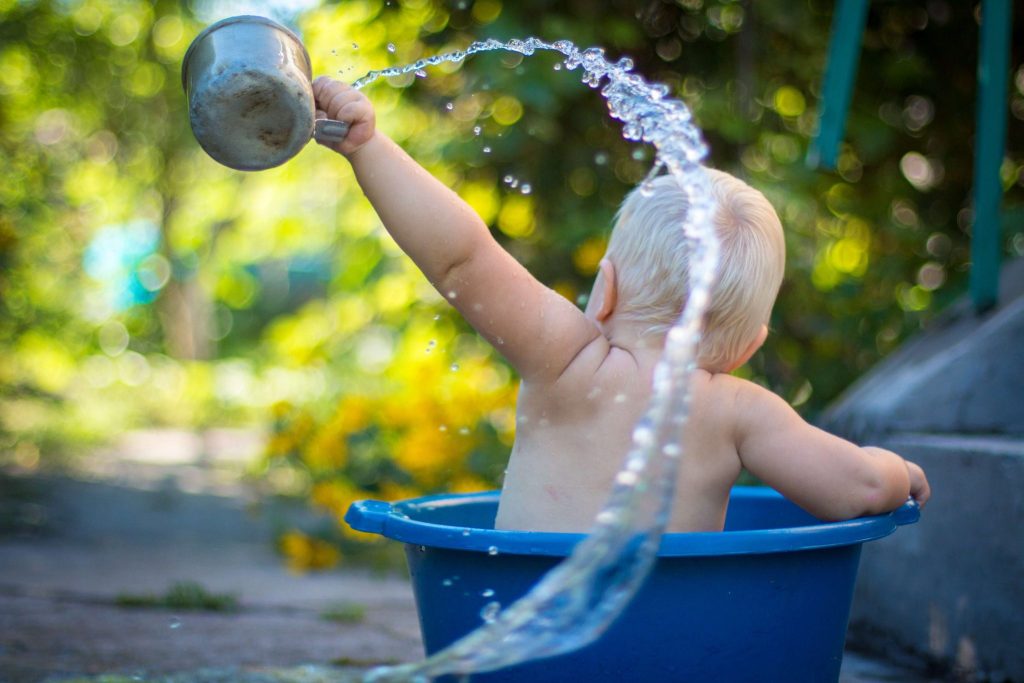
Babies' bodies work hard. At no other time in your life will you grow and develop so rapidly, and water is essential to keep everything in the body working the way it should be. It keeps the organs working smoothly, helps regulate body temperature, maintains healthy blood flow and ensures all the other nutrients in your body are taken where they are needed.
For that reason, hydration requirements for babies and toddlers are higher than for adults. And it's easier for them to become dehydrated. But don't break out the camel pack just yet... Breastmilk/formula and food all contain water already which count towards the daily requirements.
Beyond that, we'll break down the requirements below so you don't have to worry.
Hydration Requirements
0-5 Months Old
How much water to drink: none
Babies up to 6 months of age are in most cases either breastfed or formula fed. For healthy babies, this is already sufficient to meet all their hydration needs every day. However, in case of any illnesses / fevers or anything out of the ordinary, you should discuss this with your pediatrician.
Otherwise, in general you should not be giving your baby any additional water. Giving your baby water at that age can lead them to drinking less breastmilk/formula, which means fewer calories which can lead to weight loss. Even worse, too much water at that age can lead to dilution of electrolytes in the body, interrupting a range of normal bodily functions.
Bottom line: stick to the breast or the bottle. Nothing else is needed until your baby starts eating solids!
6-12 Months Old
How much water to drink: 1-2 cups
Children age 6-12 months usually will have started eating solid foods, so they are drinking less breastmilk/formula. This means they have to compensate the amount of water they are getting. As mentioned, this will include what is present in food – fruit and dark green leafy vegetables will provide a lot.
You're better off avoiding pure fruit juices which can be high in sugar. Tea can contain caffeine while soft drinks can have caffeine, sugar and lots of artificial ingredients.
Otherwise if you can encourage your little one to drink a cup or 2 of water per day, that is more than enough. And don't worry if it takes a little while for your baby to get used to drinking something with no taste – just keep an eye on the warning signs mentioned below.
And if your baby keeps refusing to drink, you can try giving the water used to cook fruit. It will have a slightly sweeter taste than water but with no added sugar.
1-3 Years Old
How much water to drink: 2-4 cups
For children ages 1-3 years, hydration requirements are higher and come to about 3-4 cups when you include average water intake from food. Of course the older the child, the further up the range in terms of requirements.
Water should remain the main source of hydration, but from 1 year of age cow's milk can also be included in the child's nutrition and will act as another source of hydration. However, the daily amount of cow's milk should be limited to about 2 cups as the nutrients in milk can interfere in iron absorption.
As they grow older, children will naturally want to try other drinks and of course it's fine to let them experiment. However, in general, the amount of fruit juice or soft drinks is better off staying pretty limited or they can end up consuming a lot of sugar very quickly.
Identifying Dehydration
The most important thing for a parent to be aware of when thinking about hydration, is how to spot dehydration. Noticing something is wrong early on will always help you resolve any issues before they get worse.
A few signs to watch out for include:
- Fewer wet diapers
- Drowsiness
- Moodiness
- Sunken fontanel (the soft spot on head)
- Absence of tears
- Dry mouth
Overall, don't worry too much about the precise amount of water your child is drinking. A healthy diet goes a long way to compensate and a healthy child will want to drink water. If you're ever in any doubt though, your pediatrician is only a phone call away!

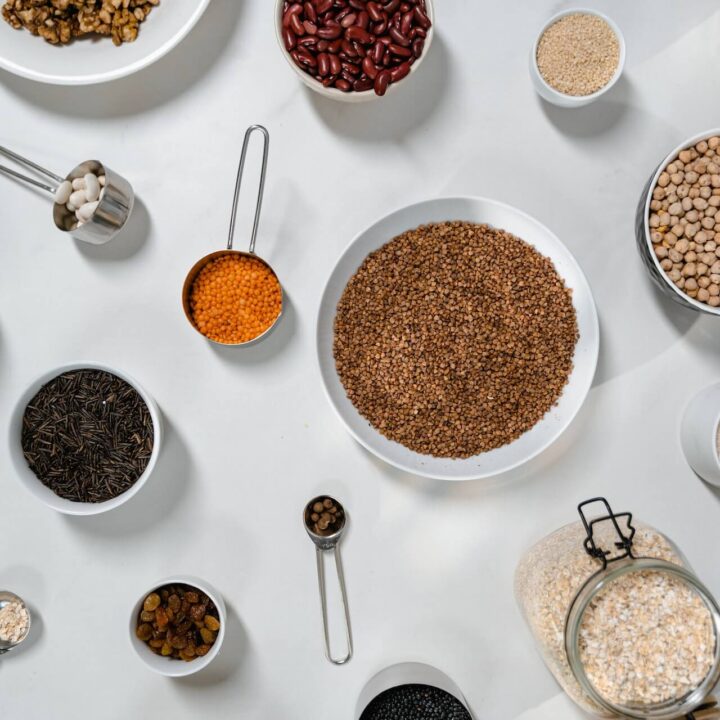
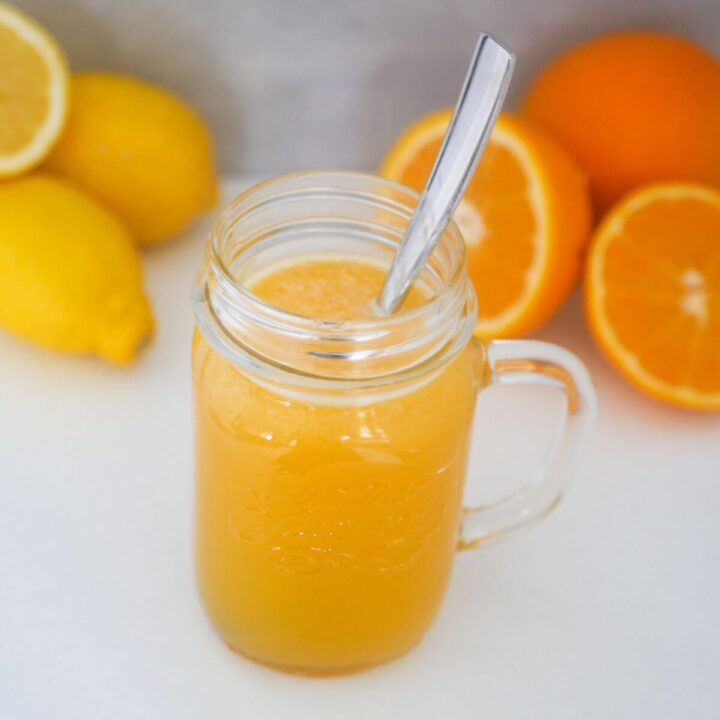
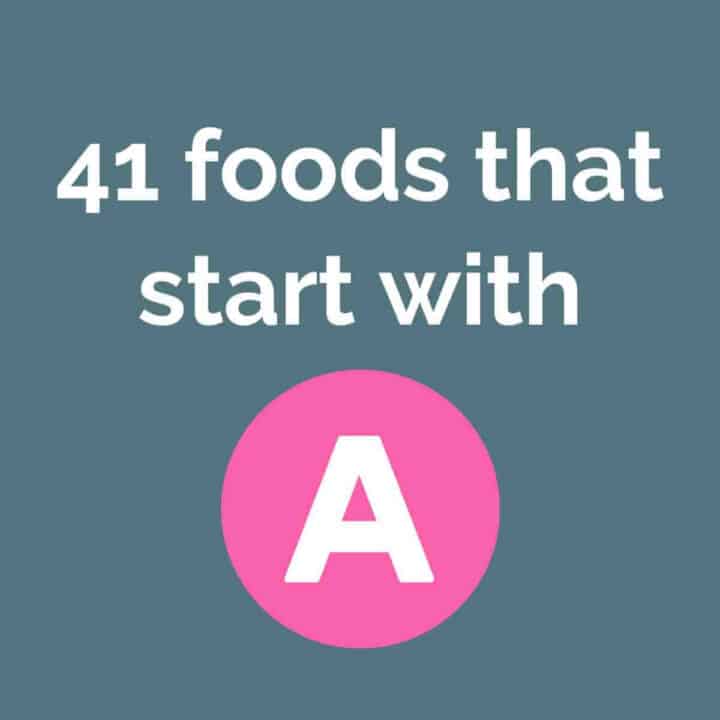
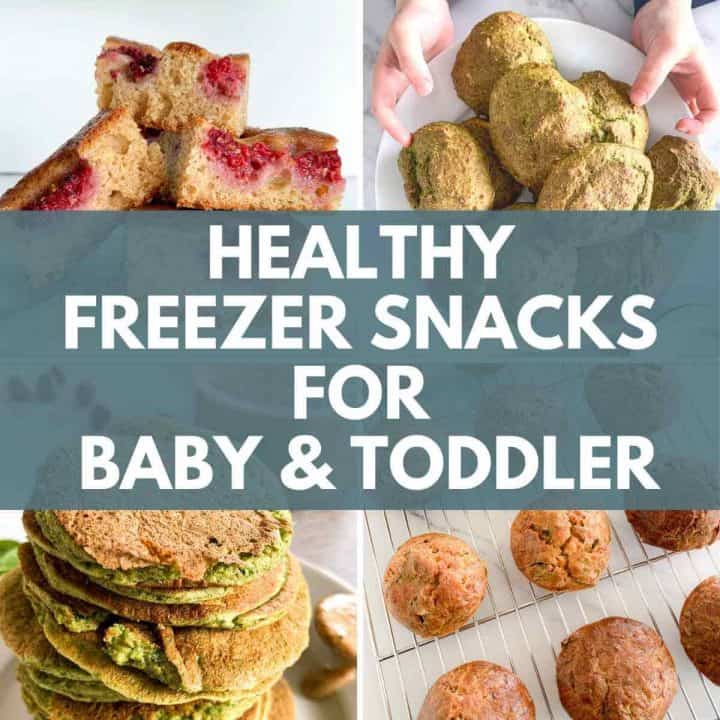
Comments
No Comments